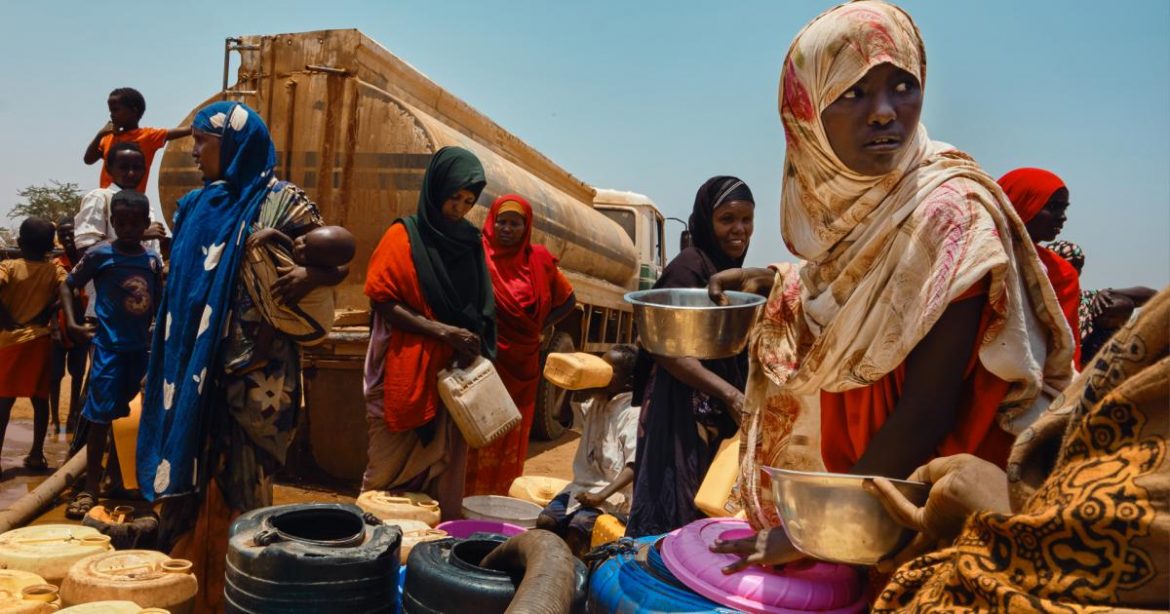The United Nations has said that women and girls are the first to suffer when drought strikes poor and rural areas, and water strategies around the world must reflect this.
According to the latest UN world water development report, stress on water resources, which is being exacerbated by the climate crisis, as well as overuse and pollution of the world’s freshwater systems, is a large source of conflict.
The report’s authors found that the impacts of sharing water, and the possibilities of harnessing cooperation over water resources into wider peace strategies, are often overlooked. Better cooperation over freshwater access would also play a role in improving the lives of women and girls.
According to the report, women and girls carry primary responsibility for water collection in poor and rural areas around the world, and a lack of safe sanitation is a factor in girls dropping out of education, and increases their vulnerability and that of women.
Read also: HSBC, NatWest accused of financing North Sea oil extraction despite pledge
Audrey Azoulay, who is the director general of Unesco, the UN agency that produces the annual report on water, said: “As water stress increases, so do the risks of local or regional conflict. Unesco’s message is clear: if we want to preserve peace, we must act swiftly not only to safeguard water resources but also to enhance regional and global cooperation in this area.”
Access to water is a vital issue in the conflict between Israel and Hamas in Gaza. Some observers have accused Israel of “weaponising” access to fresh water, as Gaza is reliant on Israel for most of its water supply. Hundreds of thousands of children are in severe hunger or facing near-famine in Gaza, while a lack of clean water is increasing thirst as well as disrupting medical treatment and hygiene.
According to the report’s editor-in-chief, Rick Connor, the UN’s annual world water development report did not delve into such conflicts, as that would have been “too politically sensitive”.
He said: “Water has most often been a tool, a target or a victim of warfare but not typically the cause of war. Disputes over water can occur when demand exceeds supply, when availability is compromised due to pollution, when access to an allocation of water is restricted, or when water supply and sanitation services are disrupted. These disputes can range from legal disputes to violent altercations, often reflecting event specific and location specific social, political, environmental, demographic conditions.”
Story was adapted from the Guardian.
